About Valley HealthCare Chemical Dependency Treatment
Valley HealthCare is a leading provider of chemical dependency treatment in West Virginia. We offer a comprehensive range of services including dual diagnosis, adult and outpatient rehab, individual and group therapy, family therapy, cognitive behavioral therapy, rational behavior therapy, and trauma therapy. Our highly skilled and experienced team of professionals is dedicated to helping our patients overcome addiction and lead healthy, productive lives. If you or someone you love is struggling with addiction, we encourage you to contact us today to learn more about our programs and how we can help.
Addiction Treatment Programs
Dual Diagnosis
Mental health concerns and substance use are often linked, which is known as a dual diagnosis. The right rehab in West Virginia can help you break free. Dual diagnosis programs may offer detox, inpatient treatment, and/or outpatient care. The key is that they provide integrated treatment for both mental health symptoms and substance use.
Adult Program
An adult program in West Virginia addresses the recovery needs of clients in this life stage and gives them the tools they need to succeed. Some of the common services will include counseling and classes on coping skills, emotional management, communication, and other key life skills. Adult programs can provide inpatient or outpatient treatment.
Levels of Care
- 1
Inpatient Rehab
Inpatient treatment in West Virginia allows clients to live full-time in the facility while getting the care they need. Inpatient treatment includes multiple approaches, including cognitive behavioral therapy (CBT), motivational interviewing (MI), and holistic therapy options.
- 2
Outpatient Rehab
If you want to attend school or work during rehab, consider outpatient treatment in West Virginia. You’ll live independently except when you’re attending rehab. Outpatient treatment is commonly a follow-up to residential treatment and may be used to help with skill-building, education, and to practice your new habits in daily life.
Therapies
Individual Therapy
Individual therapy in West Virginia helps clients overcome substance use by providing individualized, confidential support. Individual focuses on improving both behavioral and emotional health. You may explore thought processes, develop motivation to change, and/or explore past events that may have played a part in your substance use.
Group Therapy
Overcoming substance use is easier if you’re not alone. During group therapy in West Virginia, you’ll hear others’ perspectives and get the support you need. Group therapy is a common part of both inpatient and outpatient substance use treatment, and may be used to help with skill-building, processing, and to present educational information.
Family Therapy
Overcoming substance use is easier if you have support from your loved ones. During family therapy in West Virginia, you can address challenging relationships and family conflicts to restore peace and make recovery easier. Family therapy sessions generally last 60 to 90 minutes and may include discussing marital issues, codependency, grief, domestic violence, trauma, and other topics that impact families. The goal is to create healthier relationships that can support recovery.
Cognitive Behavior Therapy
Cognitive behavioral therapy in West Virginia gives you tools to challenge your thinking patterns. CBT is a common part of both inpatient and outpatient substance use treatment, and may be used to help with skill-building, overcoming problematic behavior, and managing substance use triggers.
Rational Behavioral Therapy
In West Virginia, rational behavior therapy is one of the evidence-based approaches widely used in addiction treatment. During treatment, you’ll examine activating events, identify irrational beliefs that affect your response, and learn the skills necessary to consciously choose a different reaction to each situation.
Trauma Therapy
Many people with addiction issues in West Virginia use substances to decrease difficult feelings such as guilt, shame, fear, and more. Trauma-informed therapy can help you understand where these feelings come from and how to deal with them in a better way. When you receive trauma-informed therapy, it may include peer support, grief counseling, medications to support mental health, and developing healthier responses to emotional triggers.
Location
Contact Valley HealthCare Chemical Dependency Treatment
Top Drug Rehab Centers in West Virginia
-
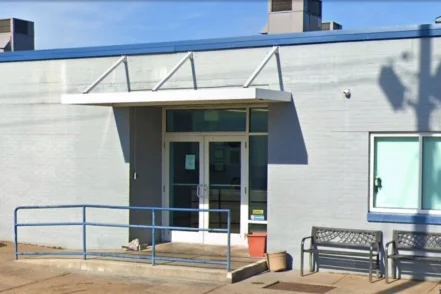 West Virginia
West VirginiaRecovery Point Charleston
501 Stockton Street Charleston, West Virginia 25312
-
 West Virginia
West VirginiaAdult and Teen Challenge Appalachian Region
1651 Unity Road Princeton, West Virginia 24739
-
 West Virginia
West VirginiaCharleston Comprehensive Treatment Center
2157 Greenbrier Street Charleston, West Virginia 25311
-
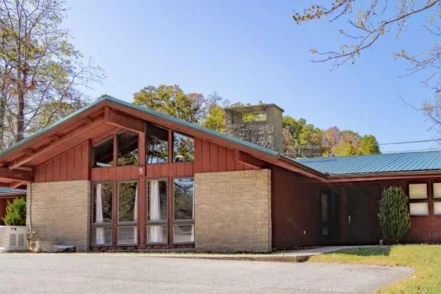 West Virginia
West VirginiaHarmony Ridge Recovery Center
47 Chambers Circle Road Walker, West Virginia 26180
-
 West Virginia
West VirginiaBeckley Comprehensive Treatment Center
175 Philpott Lane Beaver, West Virginia 25813
-
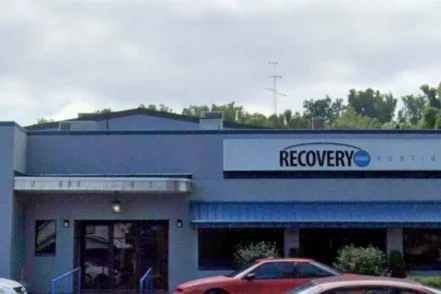 West Virginia
West VirginiaRecovery Point Huntington
2425 9Th Avenue Huntington, West Virginia 25705
-
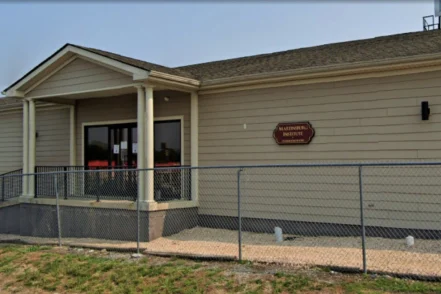 West Virginia
West VirginiaMartinsburg Institute
223 Eagle School Road Martinsburg, West Virginia 25404
-
 West Virginia
West VirginiaWilliamson Comprehensive Treatment Center
1609 West Third Avenue Williamson, West Virginia 25661
-
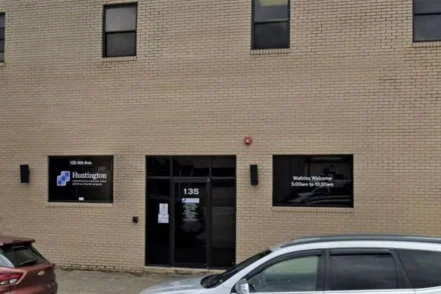 West Virginia
West VirginiaHuntington Comprehensive Treatment Center
135 Fourth Avenue Huntington, West Virginia 25701
-
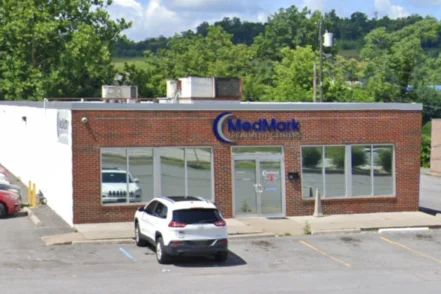 West Virginia
West VirginiaMedMark Treatment Centers Morgantown
Don Knotts Boulevard 53 Morgantown, West Virginia 26508